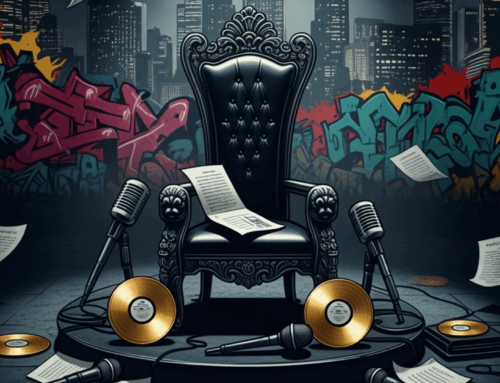 EDM, in the present, has perhaps reached an apex. Producers, regardless of subgenre, now find themselves in a precarious situation: collaborate with a pop star or stay true to your roots?
EDM, in the present, has perhaps reached an apex. Producers, regardless of subgenre, now find themselves in a precarious situation: collaborate with a pop star or stay true to your roots?
Not all collaborations are equal, however. House and trance, for years, have featured singers, but including a name results in instant recognition and pop chart success. Obviously, this strategy is working for David Guetta, and does not seem to hurt Calvin Harris, who put aside his own vocals for collaborations over the past year.
Yet, instantly scoring a hit by including Rihanna, over an obscure dance diva, translates to success outside of the genre. Not all EDM producers consider this approach a smart career move, and some are beginning to speak out.
Of course, Deadmau5 is included in that group. While the Canadian producer has done his fair share of collaborations, including with the Foo Fighters and Cypress Hill, not all are equal from his perspective. What’s important to him is how well the singer interprets the music. Unfortunately, such collaborations, which frequently result from a label pairing a producer with a pop star, create a less-than-desirable outcome. “
Paul Van Dyk does not take as extreme of a stance. Yet, the trance producer, who has seen the rise and fall of EDM on multiple occasions, dismisses the preference of pop star collaborations, instead framing them as a trend. “Suddenly Rihanna and Usher want to become dance electronic artists,” he expressed earlier this year in an interview. “And we all know they’re not; they’re basically doing it because it’s popular right now and when the next thing comes along, then they’re doing that.”
Is it the DJ’s responsibility to carry out a pop star’s dance aspirations? Porter Robinson, a newcomer compared to Van Dyk and Zimmerman, wants to preserve his career in the long run. In an interview with British newspaper Daily Star, Robinson revealed he turned down a collaboration with Katy Perry. Should an up-and-comer be so picky? “[Collaborating with a pop star]’s a surefire way of damaging your credibility and I just don’t think it’s inspiring,” Robinson explained. “I want to make stuff that I enjoy so I won’t produce anyone else, for now.”
But what counts as a collaboration? Can a producer rebuff a pop star for laying down some vocals, but then be game for a remix? Even that’s precarious territory. Boys Noize, currently promoting his upcoming third release, which features just one collaboration, is even against pop star remixes. Echoing Robinson’s sentiments, the producer born Alexander Ridha said, “I don’t say yes to a lot of things because I always wanted to stay true to what I think is cool. I never did a remix for Lady Gaga or Britney Spears because I didn’t want to put my name next to something I think is sh-t.”
While EDM’s profile is certainly rising, do such producers, who arguably have to work harder to make it onto the Billboard Hot 100 on their own, have a right to turn down or avoid pop star collaborations? Or, is this approach the only way to break into the mainstream?




